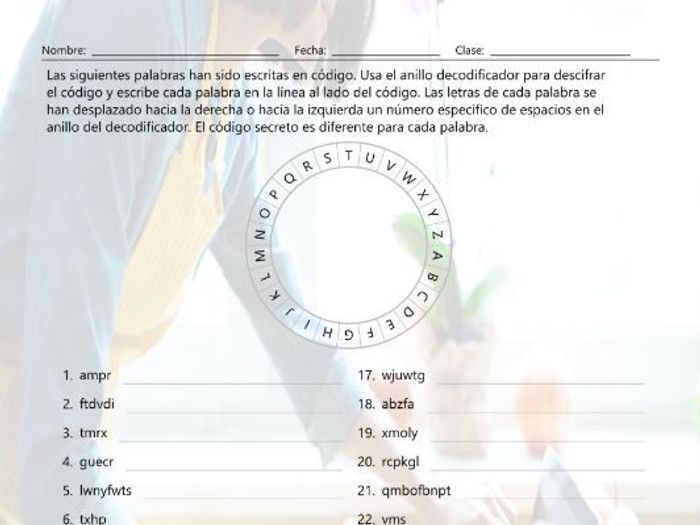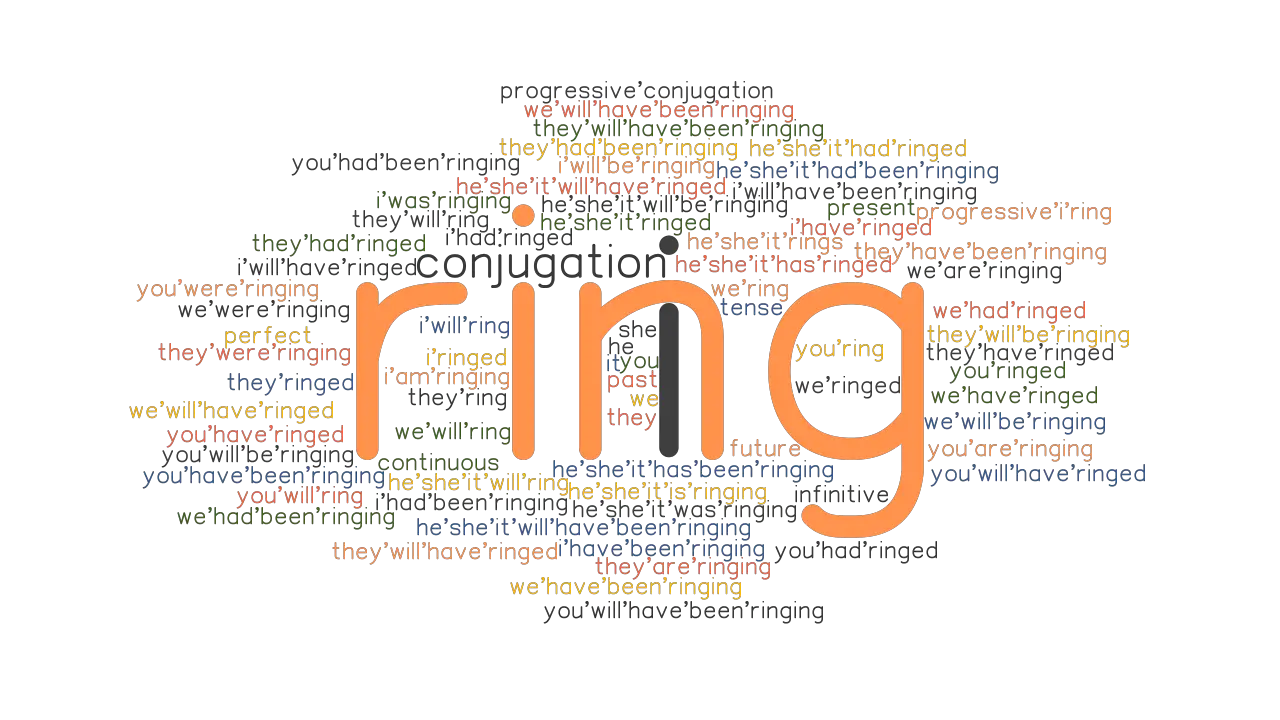

We can use this to talk about the order in which past events took place.

The event has already been and gone, and there is nothing more we can do in the present to change this outcome.

We can use it when talking about “ringing” someone in the past. You rang the wrong phone number, mister.

I rang him, but apparently, I’m blocked!.You rang me once, but I didn’t pay attention.She rang me on my mobile just yesterday.I rang you a few times, but you didn’t answer.“Rang” is the simplest form to use, and these examples will show you exactly how simple it can be. You can use “rang” with any pronoun in a sentence, just like a present tense verb: It is the simple past tense, and it never changes form, no matter what pronoun we use with it. “Rang” is correct when used to talk about “ringing” someone or something in the past. We have rung you a few times to talk about your future.Īnd these are the forms we’ll be looking at in this article: Verb Ring Past Rang Past Participle Rung When Is “Rang” Correct?.For now, you can look at the differences below: We’ll explain more about the tenses later. Both forms are correct in English, and we can use them to interact with a sentence and change the meaning depending on the tense. “Rang” is the simple past tense of the present tense “ring.” “Rung” is the past participle of the same verb. This article will explain the two past tense forms for you. Sure, we have to worry about both “rang” and “rung,” but it’s a lot easier once you understand the forms. The table given below shows the past tense form as well as the past participle form of commonly used strong/irregular verbs.The past tense of “ring” isn’t nearly as complicated as you might think. There may/may not be any change in the inside vowel. Weak Verbs: Past tense form of verbs formed by adding ‘d’ or ‘ed’ ot ‘t’ to their base verbs are weak verbs.Strong verbs: Past tense forms are formed without adding anything, but by changing their body (spelling) are strong verbs.This was discussed in the earlier chapters.Īccording to the manner in which they form past tense forms and past participle forms, verbs are categorized into Present participle form of the verb is the ‘Ing’ form of verb, formed by adding ‘ing’ after the base verb. When these action words show the time of happening of an event, they are called ‘tenses’ Base verbs or root verbs assume different forms in each of its parts. The base verb is any word which shows the action.


 0 kommentar(er)
0 kommentar(er)
